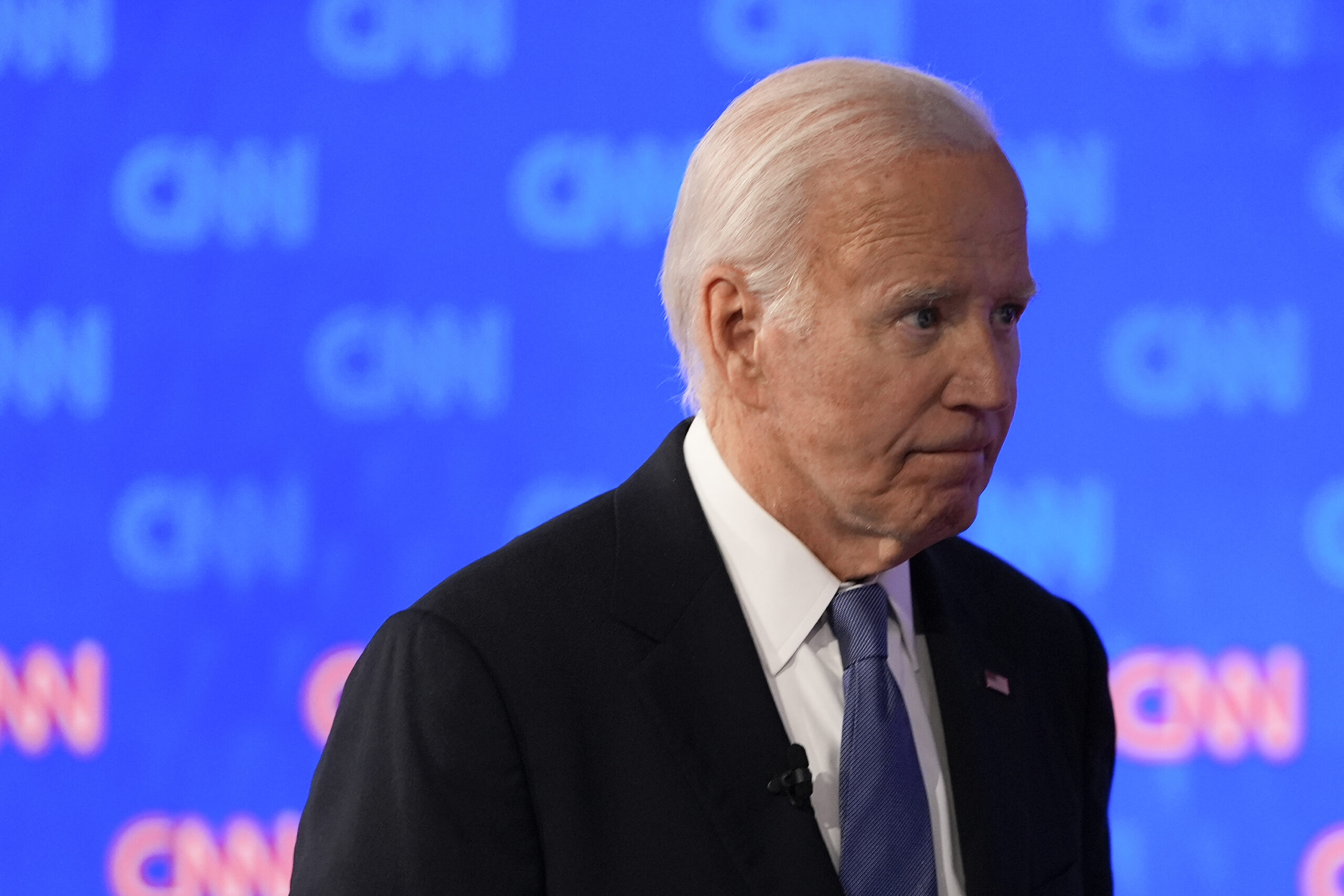Just over a month into his term, President Donald Trump has issued a number of high-profile executive orders. Intentionally or not, several of those orders appear to target groups – like refugees, immigrants, Muslims, and transgender people – that have historically been unpopular and marginalized in American society.
But are today’s Americans siding more with the president – or are they siding more with the “historically unpopular and marginalized groups” who feel targeted by his orders?
And beyond the court of public opinion, to what extent will those orders hold up in a court of law?
Tom Jensen is the director of Raleigh-based Public Policy Polling. He says Trump has a strong base of support – about 40 percent of American voters who approve of the President big-league and haven’t wavered yet. But Jensen says Trump’s not winning over anyone else: even with that strong base, more Americans dislike the president than like him – and that disapproval appears to extend to his actions against immigrants, refugees, and transgender people.
Tom Jensen spoke last week with WCHL’s Aaron Keck.
Beyond public opinion, it’s also not clear how well the president’s executive orders will hold up in the courts. Last week, for instance, Trump issued an executive order rescinding part (but not all) of Barack Obama’s order protecting transgender students in K-12 public schools – and some attorneys say the “part but not all” is going to be difficult to justify.
Why? The Civil Rights Act of 1964 and the Education Amendments of 1972 both ban discrimination on the basis of “sex,” and Obama’s order declared that the word “sex” extended to cover “gender identity” too. Trump’s order allows states and local districts to prohibit transgender students from using restrooms and locker rooms in accordance with their gender identity – but the order does not rescind Obama’s declaration that “gender identity” discrimination is a form of sex discrimination (and therefore illegal).
In other words: Trump’s order does not deny Obama’s assertion that gender-identity discrimination violates federal law – but it tries to allow gender-identity discrimination anyway.
That’s the view of civil rights attorney Shannon Minter, the legal director of the National Center for Lesbian Rights. Minter says he thinks the word “sex” should cover “gender identity” regardless of what Trump’s order says – but the fact that Trump isn’t challenging Obama’s interpretation will make it even harder to justify discrimination.
Minter spoke with Aaron Keck last week, joined by Carrboro mayor Lydia Lavelle.







